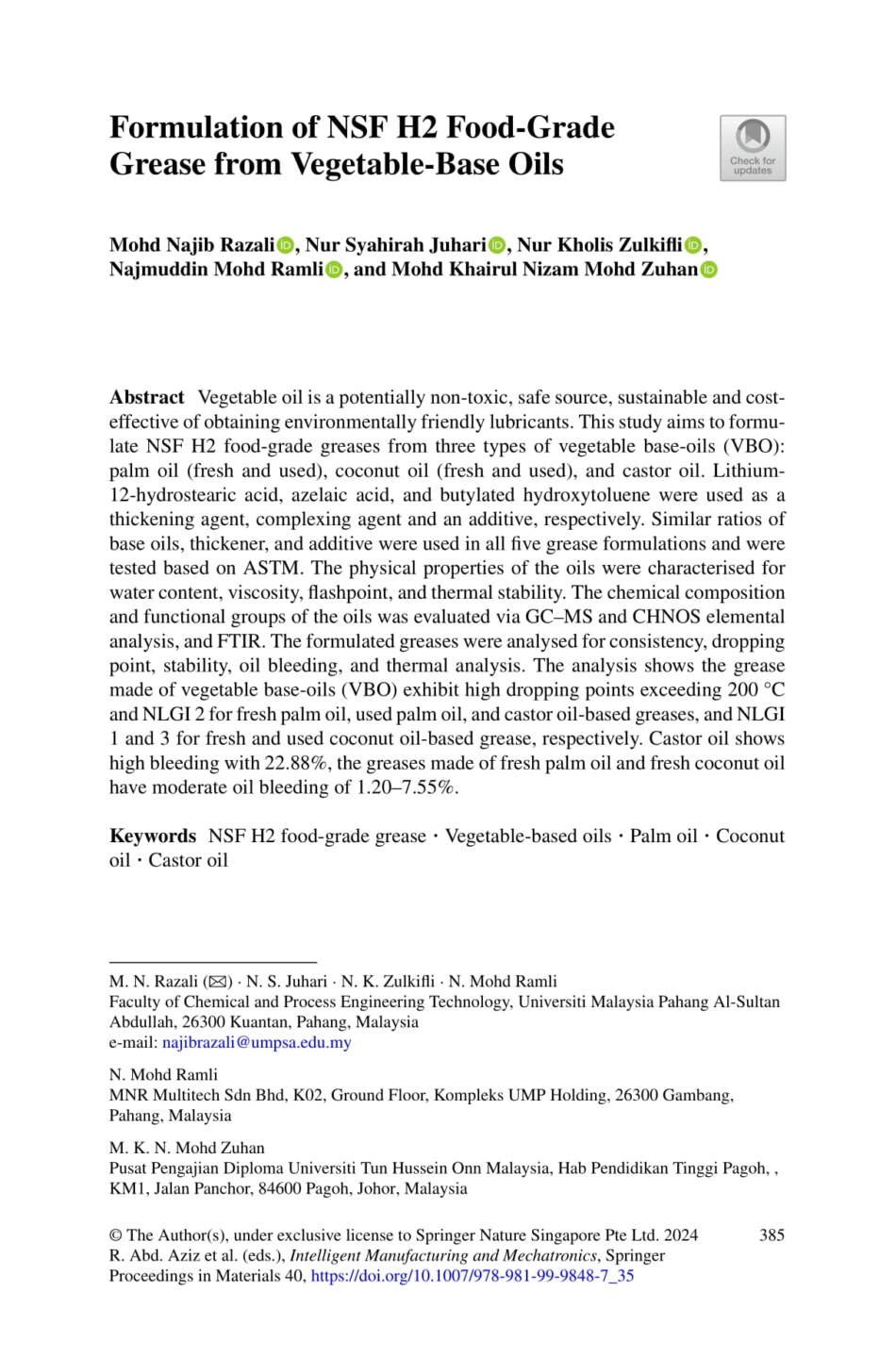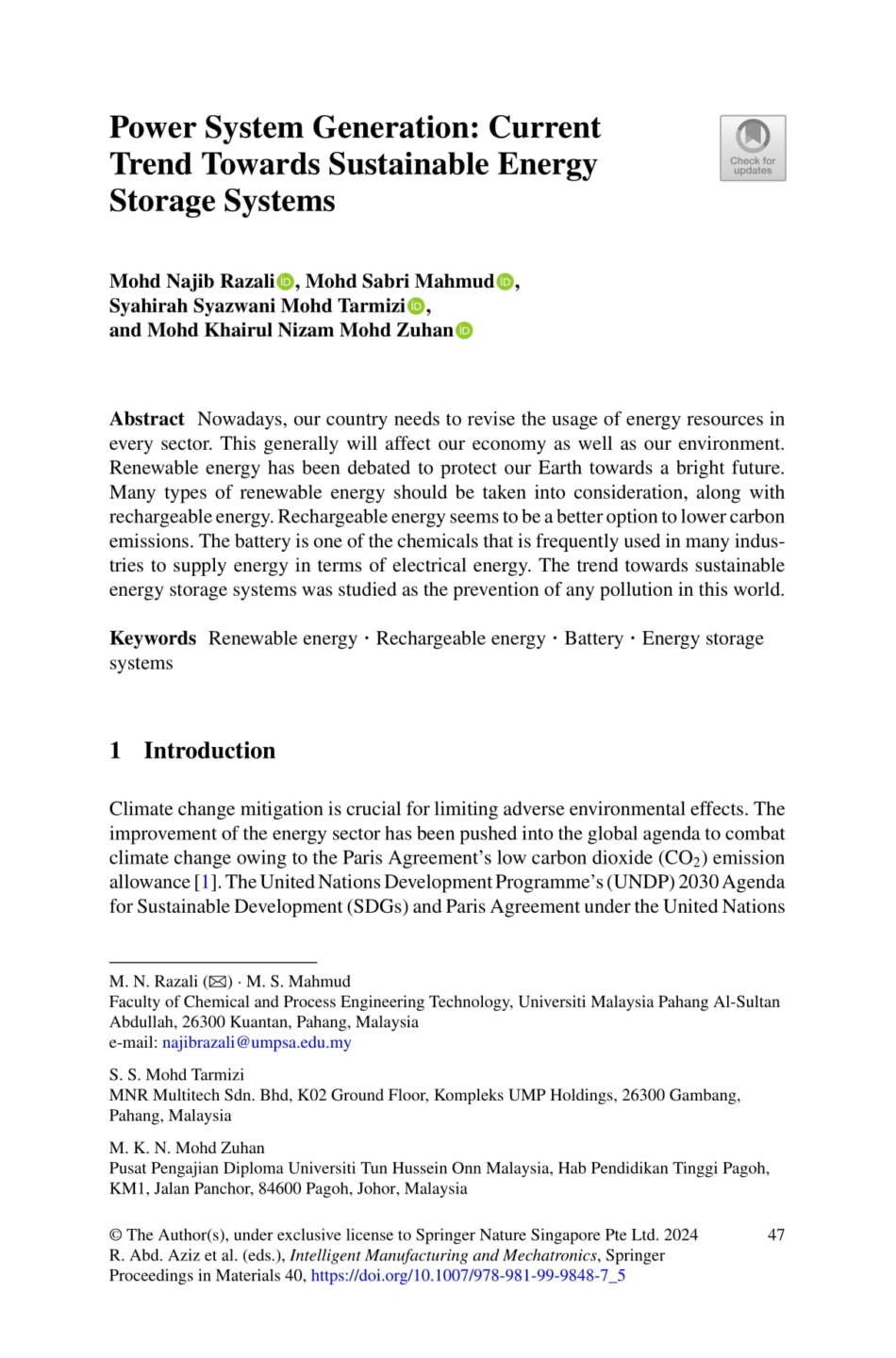Abstract
The research revealed that when the surface temperature is lower than the ambient air temperature, it can result in condensation, hence facilitating the proliferation of mould and fungi. The issue at hand pertains to locations such as hospital operating theatres, where it is imperative to uphold a temperature that is lower than the ambient surroundings. The objective of the study was to address this issue through the development of Emulsified Modified Bitumen (EMB) utilising 3 distinct emulsifiers (non-ionic, cationic and anionic) in order to offer coating and insulation capabilities. The research employed industrial-grade bitumen (60/70) that was enhanced with recycled used oil and combined with three distinct types of emulsifiers in order to generate three distinct formulated EMBs (C, B, and A). In this work, three distinct emulsifiers were employed in order to produce Emulsified Modified Bitumen (EMB). In the experimental setup, EMB A employed a specific anionic emulsifier known as 2-bromostearic acid, while EMB B utilised a distinct cationic emulsifier termed didodecyldimethylammonium bromide. Lastly, EMB C employed a non-ionic emulsifier known as polyethylene glycol. EMB B exhibited superior performance compared to the other two formed EMBs, as it demonstrated the most favourable characteristics in terms of viscosity, rheological behaviour, and flash point. Additionally, it yielded the most rapid rate of drying, taking only 8 h, and exhibited favourable adhesiveness characteristics without any instances of flaking. However, while considering emulsion stability, it was observed that only 1.67% of the water separated from the original volume of water. As a result, EMB A exhibited the most favourable performance. The research findings indicate that the cationic emulsifier, referred to as EMB B, demonstrates superior suitability for EMB formulations intended for coating applications. Conversely, the anionic emulsifier, known as EMB A, is found to significantly enhance the stability of emulsions.
Journal Details
Mohd Najib Razali, Hana Syakirah Md Hadun, Abdurahman Hamid Nour, Najmuddin Mohd Ramli and Mohd Khairul Nizam Mohd Zuhan
- Springer Nature; Springer Proceedings in Materials







